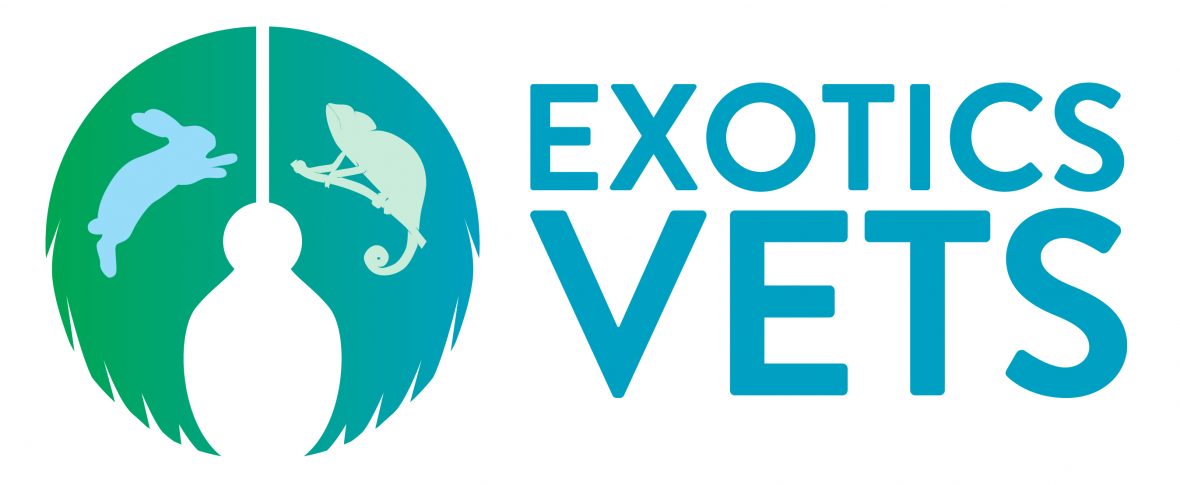One commonly known condition in guinea pigs is scurvy!
Arr! Beware the guinea pig pirate!
Scurvy, most commonly known for pirates becoming diseased at sea due to a lack of fresh fruit and vegetables, can also effect guinea pigs, despite their land lubber ways.
Scurvy, more scientifically, is a deficiency of vitamin C, or hypovitaminosis C. You can check out more in humans at wikipedia:
Yeah, i know, never use wikipedia as a reference, but in this case it’s quite handy.
What sort of clinical signs can you see in a guinea pig with scurvy?
As vitamin C is used in enzyme reactions and tissues, namely collagen, everything breaks down when there isn’t enough:
-
Lethargy
-
Reluctance to move
-
Weakness
-
Hopping instead of walking (the guinea pig lameness)
-
Weight loss
-
Pain
-
Rough coat or hair loss
-
Diarrhoea
-
Bruising/haemorrhage
-
Discharge from eyes and nose
How can we treat it?
A convenient way to treat vitamin c deficiency / scurvy is with 50 mg/kg vitamin C PO every day as required, until clinical signs disappear. This can be achieved by dissolving half of a 100 mg chewable vitamin C tablet in water and then slowly administering this solution by syringe into your cavy’s mouth.
Leaving the vitamin C in the water source is risky as you bring a lot more factors into play – water consumed, sunlight, plastic, spillage. It’s inaccurate. Dont do it.
How can we prevent it?
The best way to prevent scurvy in guinea pigs is to provide a diet high in vitamin C.
This is most easily achieved with 80% grass hay, 15-20% green fresh vegetables and 0-5% treats and pellets.
Good sources of vitamin C for guinea pigs include:
-
Broccoli
-
Kale
-
Spinach
-
Parsley
-
Bok choy
-
Capsicum
-
Kiwi fruit and strawberries – in moderation – remember to avoid high carbs!
For more on diet, check out the Exotics Vets post on diet here: https://exoticsvets.com/diet/
Popcorn to it!
References
-
Melbourne Rabbit Clinic. Rabbit & Guinea Pig Emergency Manual 2014. MRC. 2014.
-
Unusual Pet Vets. Scurvy in guinea pigs – and the importance of vitamin C. https://www.unusualpetvets.com.au/news-blog/scurvy-in-guinea-pigs-and-the-importance-of-vitamin-c/ UPV. 2018
-
QLD Guinea Pig Refuge. How to identify scurvy in guinea pigs. http://www.qldguineapigrefuge.com.au/scurvy.html. 2018.
-
Guinealynx. Scurvy: Vitamin C Deficiency. http://www.guinealynx.info/scurvy.html. 2016.
